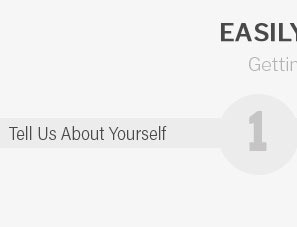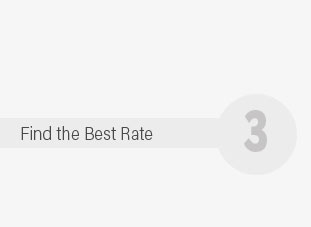 |
 |
 |
|---|
 |
 |
 |
 |
|---|
 |
 |
 |
 |
 |
 |
|---|

The Intricacies of Direct Home Insurance: A Comprehensive GuideIn the modern world, where convenience often reigns supreme, direct home insurance has emerged as a popular choice among homeowners seeking a straightforward, hassle-free approach to protecting their most valuable asset. At its core, direct home insurance is a policy acquired directly from an insurance company, bypassing traditional intermediaries such as brokers or agents. This method, while seemingly simple, offers a myriad of advantages and potential drawbacks that every discerning homeowner should consider. Advantages of Direct Home Insurance One of the primary attractions of direct home insurance is the potential for cost savings. By eliminating the middleman, policyholders can often avoid broker fees and commissions, which can result in lower premiums. Additionally, dealing directly with the insurer can streamline the process, providing a more transparent and efficient experience. For those who appreciate autonomy, the ability to manage one's policy online, at any time of day, is a notable benefit. This 24/7 accessibility ensures that homeowners can make adjustments or file claims at their convenience, without the need to navigate through layers of bureaucracy. However, it's not just about the financial aspects. The direct route often means faster communication and potentially quicker claims processing, as there is no intermediary to slow down the flow of information. This can be particularly advantageous in situations where time is of the essence, such as after a natural disaster or home emergency. Drawbacks to Consider Despite these appealing benefits, direct home insurance is not without its pitfalls. One of the most significant concerns is the potential lack of personalized service. Brokers and agents often bring a wealth of industry knowledge and personalized advice, guiding clients through the complexities of insurance policies to ensure they have adequate coverage. Without this tailored guidance, some homeowners may find themselves underinsured or, conversely, paying for unnecessary coverage. Another consideration is the potential for limited policy options. Insurance brokers typically have access to a broad range of products from multiple insurers, which can be beneficial for clients seeking highly specialized or niche coverage. In contrast, direct insurers offer their own suite of products, which may not cover every unique need. This can be particularly concerning for homeowners with unique properties or those living in areas with specific risks.
In conclusion, while direct home insurance offers undeniable advantages in terms of cost, convenience, and control, it is essential for homeowners to weigh these benefits against the potential downsides. The absence of personalized guidance and the possibility of limited coverage options should be carefully considered. As with any financial decision, a thorough evaluation of one's specific needs and circumstances is paramount. For those who value independence and are comfortable navigating the complexities of insurance, direct home insurance can be an excellent choice. However, for those who prefer expert advice and a more hands-on approach, engaging with a knowledgeable broker may still be the preferable path. In either case, the ultimate goal is to secure peace of mind, knowing that one's home is adequately protected against the uncertainties of the future. https://www.directline.com/home-cover
Home insurance provides cover to repair or replace your home and your belongings, if they become lost or damaged, or stolen. https://www.universaldirect.com/coverage/home-insurance
We offer a comprehensive set of coverages to protect your home and your family. Once you start a quote, we'll recommend to you the appropriate amount of ... https://www.directauto.com/our-products/auto-insurance/car-insurance-discounts/homeowner-discount
Direct Auto Insurance offers a homeowner discount of up to 15% on auto insurance. Here's how it works. If you meet the following qualifications, you could be ...
|
|---|